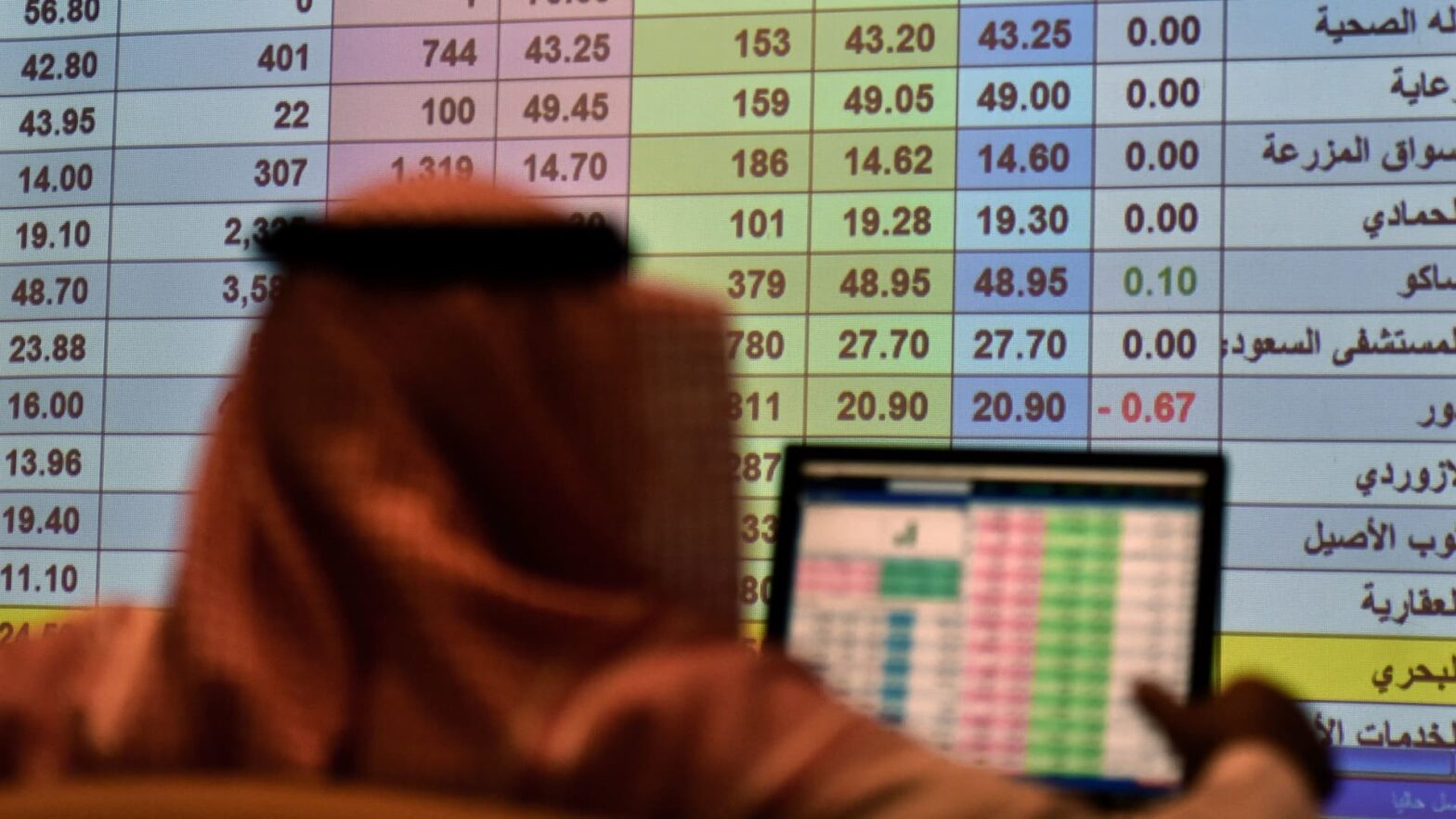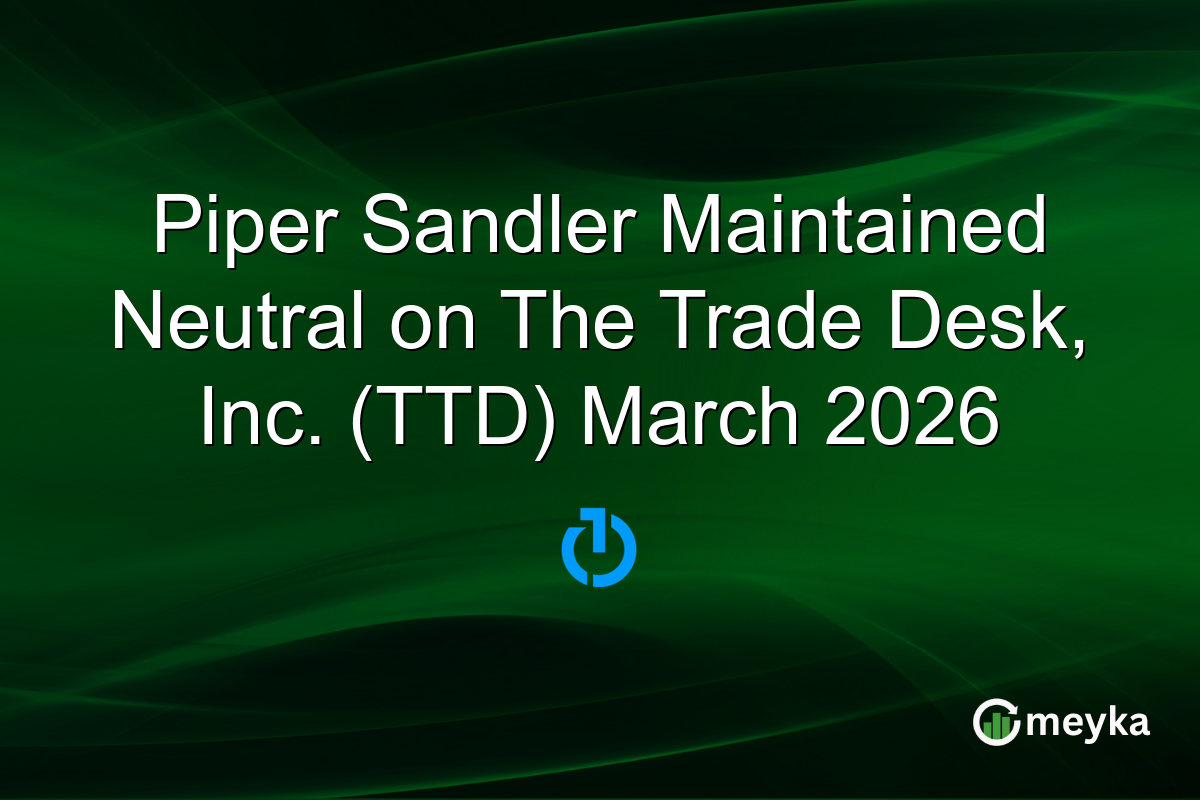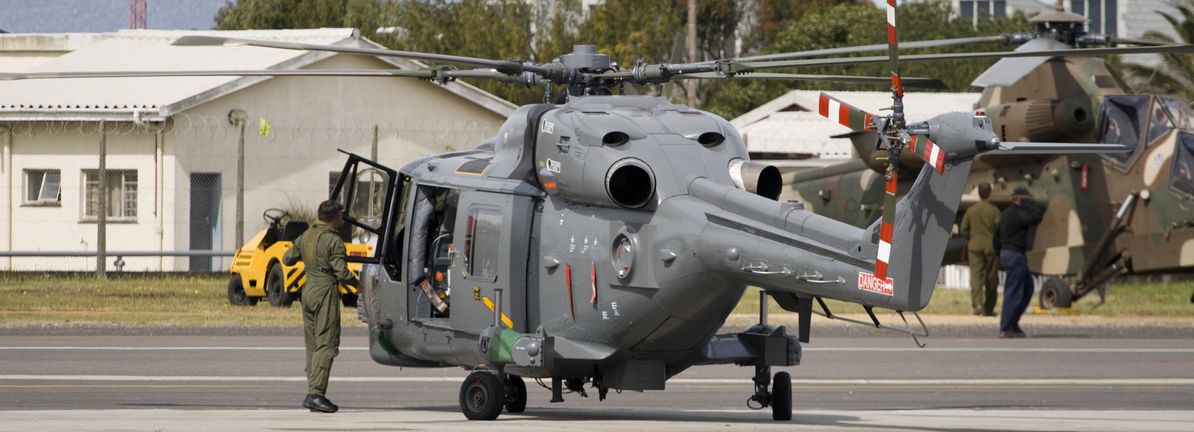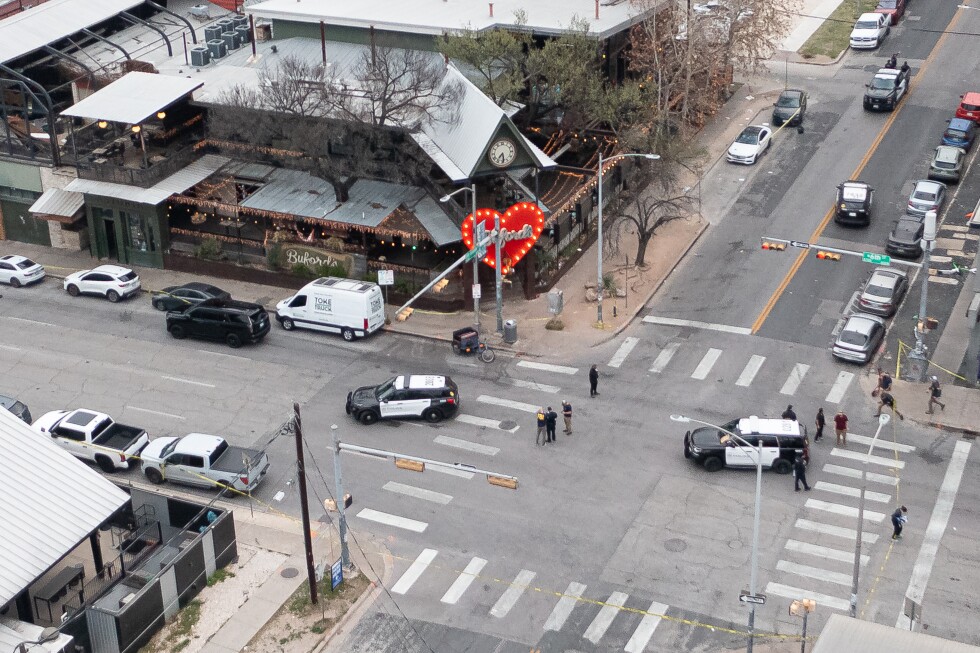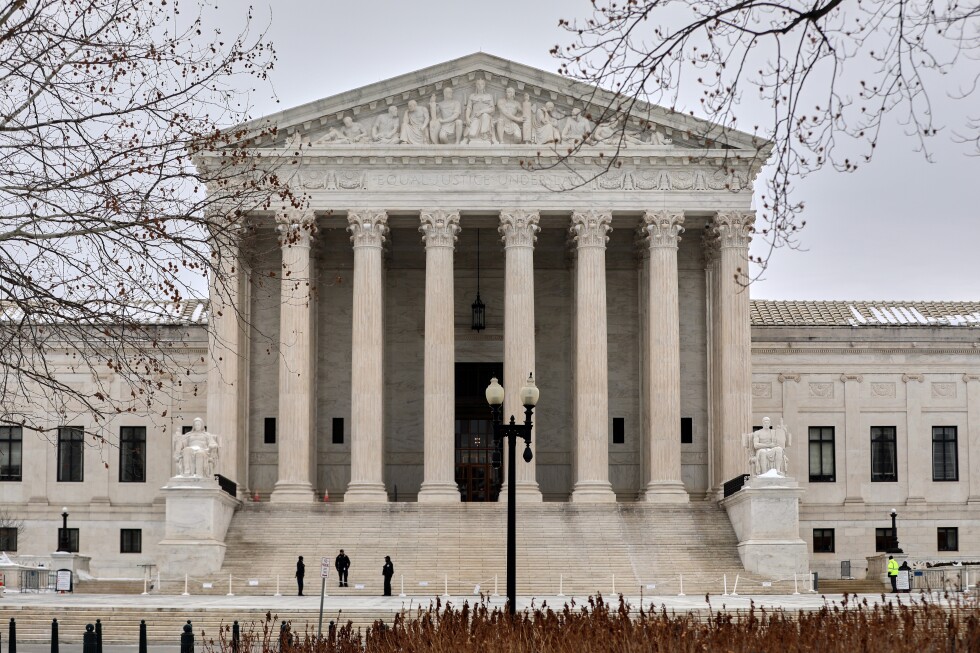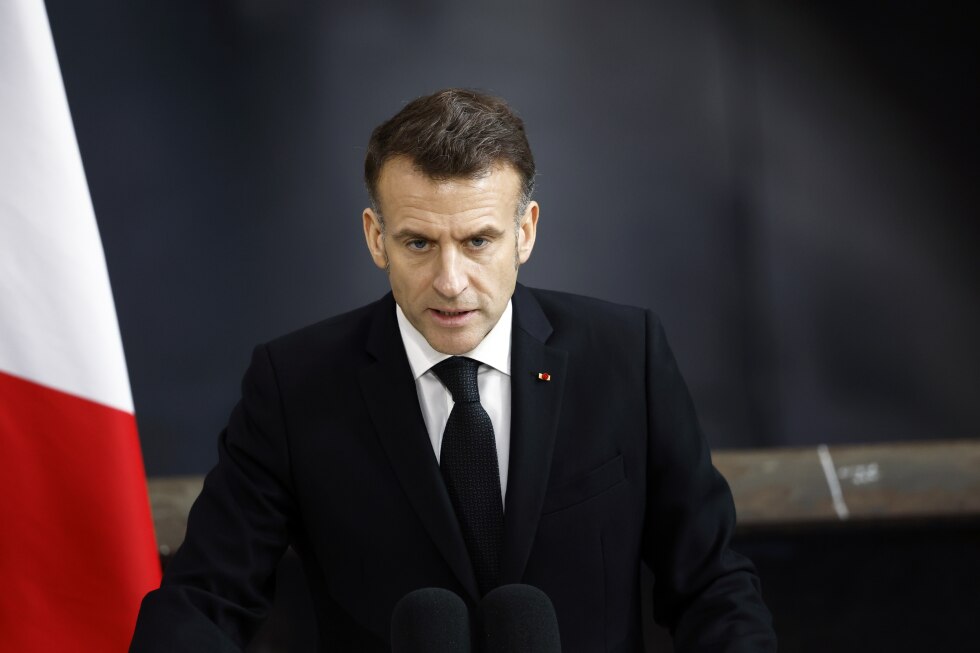A Saudi broker monitors the stock market at the Arab National Bank in the Saudi capital Riyadh on December 11, 2019.
Fayez Nureldine | Afp | Getty Images
Gulf markets were down slightly on Sunday, providing an early indication of investor reaction to Iran’s unprecedented attack on Israeli territory.
Saudi Arabia’s benchmark stock index fell 1.8% in early trading while the main Qatari index was down 1.6%, with Gulf lender QNB leading losses.
Shares in Tel Aviv’s broad and blue-chip indexes were flat to marginally lower in early trade.
Iran’s retaliatory drone and missile attack in response to a suspected Israeli air strike raises the threat of wider regional conflict. Israel reported modest damage, but the key for investors will be how the conflict unfolds from here.
“If it stays tit-for-tat instead of escalating, then we will likely see a sigh of relief across equities even if oil prices, gold, the dollar, and bonds all embed a risk premium to reflect the conflict,” said Brian Jacobson, chief economist at Annex Wealth in Milwaukee, Wisconsin.
Explosions are seen in the skies of the capital, following the attack from Iran in Tel Aviv, Israel on April 14, 2024.
Mostafa Alkharouf | Anadolu | Getty Images
Brent crude futures rose 71 cents to $90.45 a barrel on Friday, with prices last week nearing a six-month high on concern that Iran, the third-largest OPEC producer, would attack Israel.
Meanwhile, gold rose above $2,400 an ounce to a record high on Friday, driven by persistent safe-haven demand.
Since Iran-backed Hamas attacked Israel on Oct. 7 and Israel invaded Gaza in response, the MSCI’s global share index scaled new highs.
Saudi Arabia’s main index had risen by about 20% from Oct. 8 until its last close ahead of the Eid al-Fitr holidays on April 4. Qatar’s benchmark index fell nearly 0.8% between Oct. 8 and its last close on April 8.
Elsewhere in the region on Sunday, Kuwait’s benchmark index was down 0.9%, Oman’s index lost 0.2% while Bahrain’s main index <.BAX> bucked the downward trend with a 0.9% gain.

